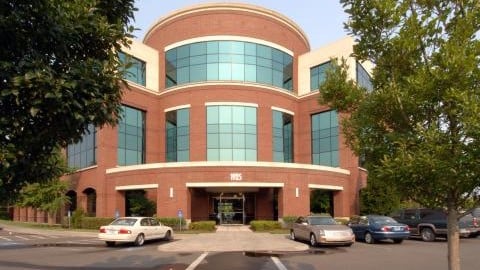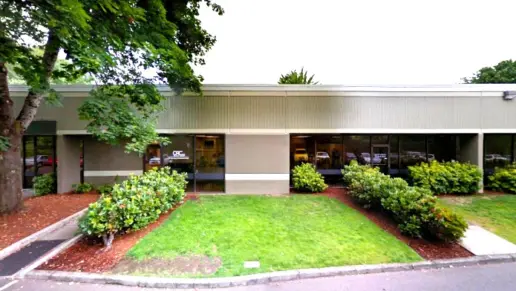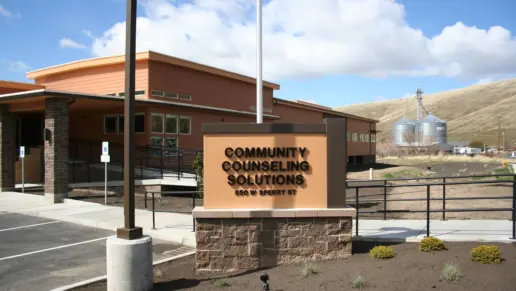Good way to work the mind, body and spirit to be able to find balance and have a successful rehabilitation
About Quest Center for Integrative Health – Multnomah County
Located in Portland, Oregon, Quest Center for Integrative Health – Multnomah County is a nonprofit organization that provides integrative healthcare services. They offer various treatment options for substance use disorder such as therapy and mindfulness practices. Additional programs available at this location include medical care and HIV services.
Wellness Focused Recovery Services
One of the programs offered at this location is the Living with Intention and Knowledge program. It’s a harm reduction based program that focuses on the connection between wellness and recovery.
Clients receive treatments such as mindfulness activities, group therapy and individual counseling. Mindfulness activities include yoga and medication. The goal of the program is to increase positively experienced aspects of life so you feel less need to use substances.
Chronic Pain Management without Opioids
A common reason individuals develop addictions is misuse of prescription medications used to treat pain. The facility offers chronic pain management services to give clients alternative solutions for pain reduction. The treatments available in this program include acupuncture, massage therapy and nutrition.
Acupuncture involves placing needles in specific areas of the body to promote its natural healing process. It may help to reduce pain issues such as back and neck pain, allowing you to feel less need to use substances. Additional services provided in this program include peer support and group therapy.
Outside of your treatment sessions, you can find a variety of fun and interesting activities to do in the Portland area. One place you can visit is Oaks Amusement Park, which features roller coasters and an ice skating rink.
Latest Reviews
We’ve looked into your situation, and it appears that you are now receiving the next steps you were hoping for, which we’re very happy to see. If there's anything else we can do to support you or improve your experience, please don’t hesitate to reach out directly to info@quest-center.org. We value your patience and feedback as we continue to improve.
Rehab Score
Gallery
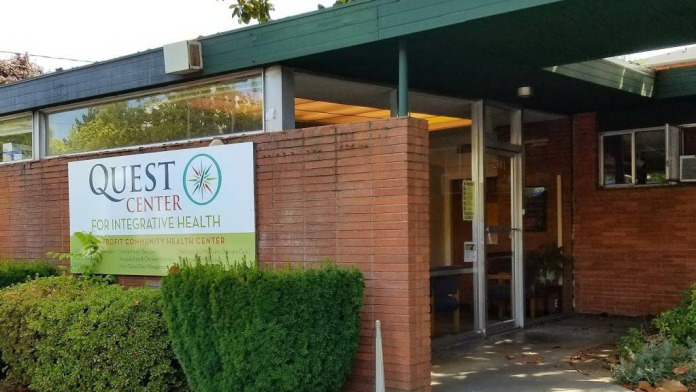
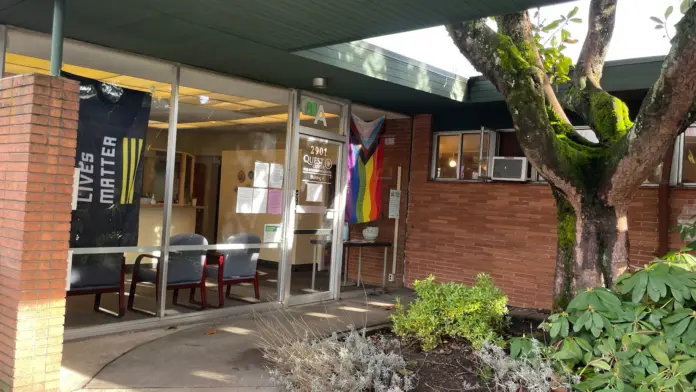
Accepted Insurance
Other Forms of Payment
Private insurance refers to any kind of healthcare coverage that isn't from the state or federal government. This includes individual and family plans offered by an employer or purchased from the Insurance Marketplace. Every plan will have different requirements and out of pocket costs so be sure to get the full details before you start treatment.
Self-pay involves paying for treatment out of your own pocket. You can use savings or credit, get a personal loan, or receive help from family and friends to fund your treatment. If you don't have insurance or your insurance plan doesn't cover a specific program, self-pay can help ensure you still get the care you need.
Financial aid can take many forms. Centers may have grants or scholarships available to clients who meet eligibility requirements. Programs that receive SAMHSA grants may have financial aid available for those who need treatment as well. Grants and scholarships can help you pai for treatment without having to repay.
Medicare is a federal program that provides health insurance for those 65 and older. It also serves people under 65 with chronic and disabling health challenges. To use Medicare for addiction treatment you need to find a program that accepts Medicare and is in network with your plan. Out of pocket costs and preauthorization requirements vary, so always check with your provider.
Medicaid is a state based program that helps lower-income individuals and families pay for healthcare. Medicaid covers addiction treatment so those enrolled can use their coverage to pay for rehab. When a program accepts Medicaid the client often pays very little or nothing out of their own pocket.
Military members, veterans, and eligible dependents have access to specific insurance programs that help them get the care they need. TRICARE and VA insurance can help you access low cost or no cost addiction and mental health treatment. Programs that accept military insurance often have targeted treatment focused on the unique challenges military members, veterans, and their families face.
Addiction Treatments
Levels of Care
 Outpatient
Outpatient
 Aftercare Support
Aftercare Support
 Partial Hospitalization Program
Partial Hospitalization Program
 Medically Assisted Detox
Medically Assisted Detox
Treatments
The goal of treatment for alcoholism is abstinence. Those with poor social support, poor motivation, or psychiatric disorders tend to relapse within a few years of treatment. For these people, success is measured by longer periods of abstinence, reduced use of alcohol, better health, and improved social functioning. Recovery and Maintenance are usually based on 12 step programs and AA meetings.
Drug rehab in Oregon offers a full continuum of care for those struggling with addiction. From detox, to inpatient, to outpatient, to aftercare, Oregon residents can find the support they need for recovery. This treatment empowers individuals to replace drug use with positive alternatives and develop a healthier lifestyle.
Many of those suffering from addiction also suffer from mental or emotional illnesses like schizophrenia, bipolar disorder, depression, or anxiety disorders. Rehab and other substance abuse facilities treating those with a dual diagnosis or co-occurring disorder administer psychiatric treatment to address the person's mental health issue in addition to drug and alcohol rehabilitation.
Opioid rehabs specialize in supporting those recovering from opioid addiction. They treat those suffering from addiction to illegal opioids like heroin, as well as prescription drugs like oxycodone. These centers typically combine both physical as well as mental and emotional support to help stop addiction. Physical support often includes medical detox and subsequent medical support (including medication), and mental support includes in-depth therapy to address the underlying causes of addiction.
Substance rehabs focus on helping individuals recover from substance abuse, including alcohol and drug addiction (both illegal and prescription drugs). They often include the opportunity to engage in both individual as well as group therapy.
Programs

Adult Program

Young Adult Program

LGBTQ Program

Military Program
Clinical Services
Cognitive behavioral therapy (CBT) in Oregon is a short term talk therapy method used to treat mental and behavioral disorders. Based on client needs, the therapist may recommend five to 20 sessions. Typically, this form of therapy requires fewer sessions than many other types of treatment.
The six main elements of dialectical behavior therapy are designed to help you develop skills for recovery. These are related to: 1. Accepting your circumstances 2. Learning new skills 3. Receiving support 4. Learning positive behavioral responses 5. Changing negative thought patterns 6. Building collaboration skills.
Group therapy is any therapeutic work that happens in a group (not one-on-one). There are a number of different group therapy modalities, including support groups, experiential therapy, psycho-education, and more. Group therapy involves treatment as well as processing interaction between group members.
Individualized therapy is personalized sessions to address your drug and alcohol addiction treatment. Your therapist seeks to understand your background and addiction triggers so they can collaborate with you to create a customized plan. In this plan, you set realistic goals, address underlying mental and emotional issues, and develop effective coping strategies.
Trauma therapy addresses traumatic incidents from a client's past that are likely affecting their present-day experience. Trauma is often one of the primary triggers and potential causes of addiction, and can stem from child sexual abuse, domestic violence, having a parent with a mental illness, losing one or both parents at a young age, teenage or adult sexual assault, or any number of other factors. The purpose of trauma therapy is to allow a patient to process trauma and move through and past it, with the help of trained and compassionate mental health professionals.
For couples in Oregon, couples therapy can provide insight into the problems in their relationship. The therapist guides the couple to a greater understanding of themselves and each other. They work individually and together to change how they interact and react to challenges in the relationship.
During family therapy sessions, each member learns to rebuild trust and strengthen the relationships that have been negatively affected by addiction. Family therapists use guided interventions to help members improve their communication skills and interactions, as well as address underlying issues within the family. This helps to create a supportive atmosphere for everyone.
When you've been using substances long term, this depletes your body of valuable nutrients. During nutrition therapy, you'll take steps to restore your health and learn how to maintain better nutrition. This is an important component of many drug rehab programs in Oregon.
The FDA has approved two quit smoking medications. Varenicline works by reducing the "buzz" you get from nicotine, so smoking is less enjoyable. Bupropion decreases nicotine withdrawal and cravings. Over the counter nicotine replacement therapy options in Oregon include nicotine patches, lozenges, and gum.
Staff
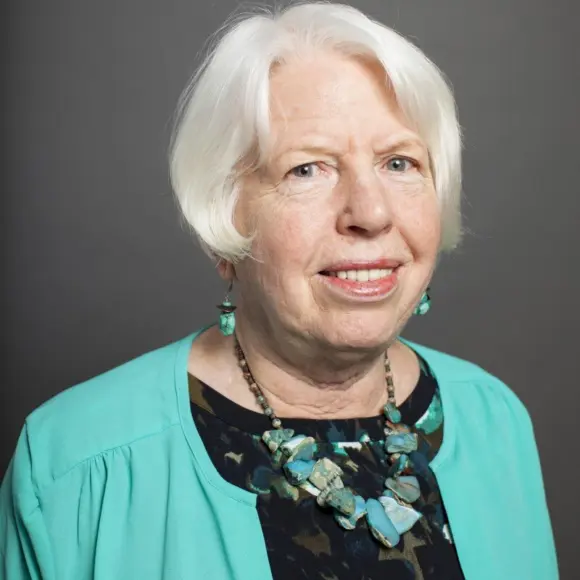
Lusijah Marx, RN, Psy.D
Licensed Clinical Psychologist, Co-Founder & Clinical Supervisor
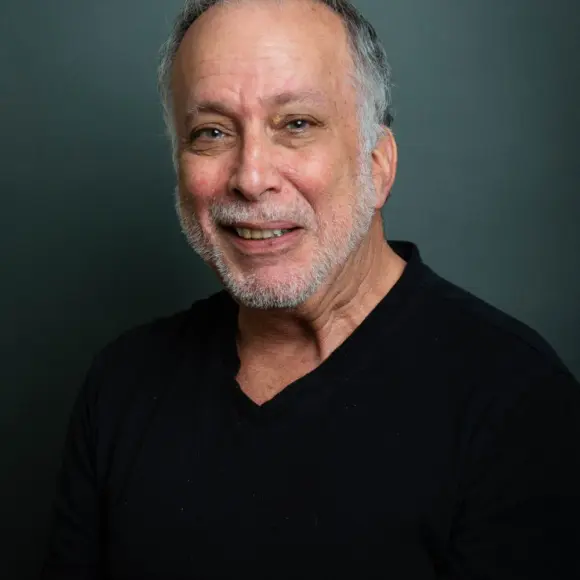
Dr. David Eisen, L.Ac., MSW, OMD(am)
Executive Director, Doctor of Chinese Medicine 7 Acupuncturist
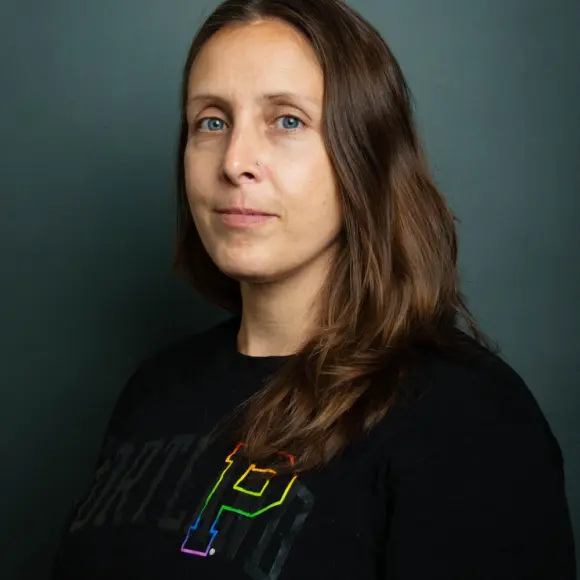
Danielle Deer, MA, CADCII
Director of Programming

Felicity Woebkenberg, MAcOM, LAc, RN, BSN
Manager of Department of Medicine, Licensed Acupuncturist & Registered Nurse
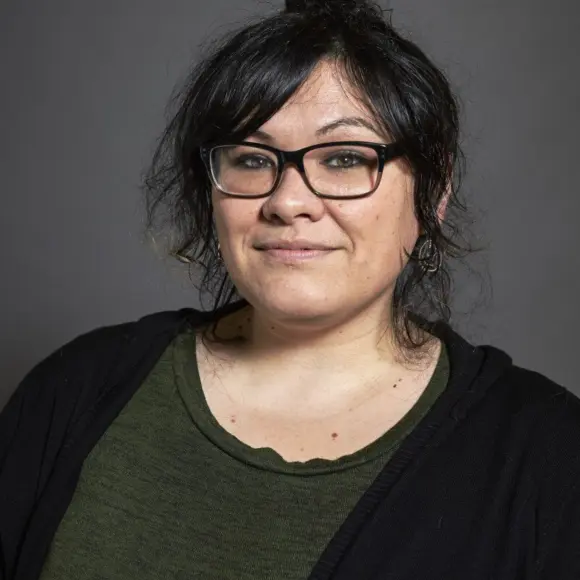
Kim Acord, CRM II, CADCI
Manager of Integrative Recovery Services
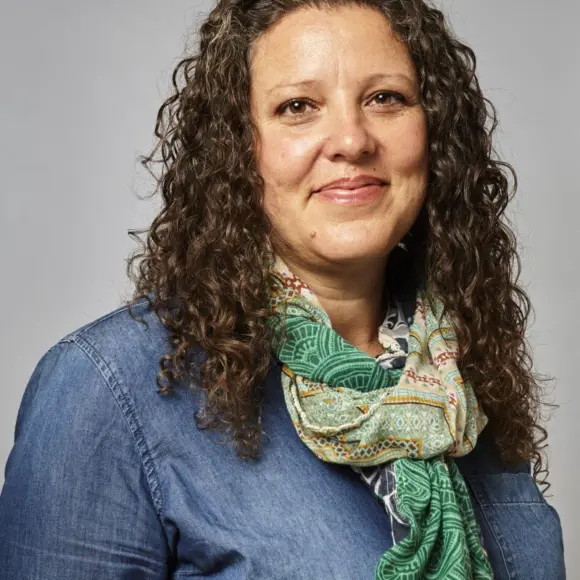
Hillary Reno, MSW, LCSW, CADC III, MAC
Manager of Mental Health Services
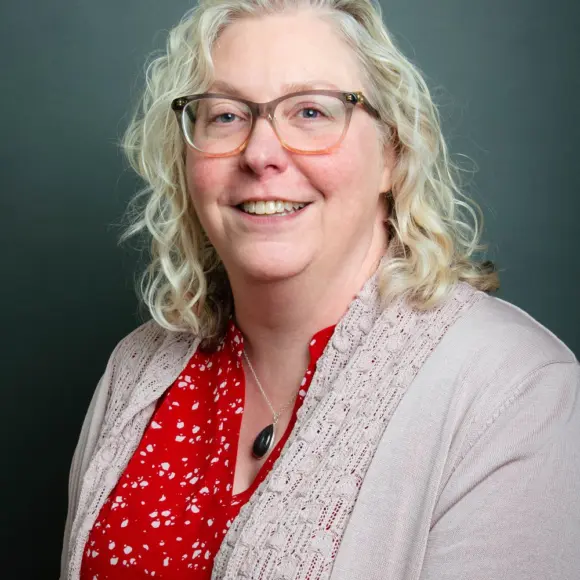
Angela McKaye, DC, ND, LAC
Licensed Acupuncturist, WISH Program Manager
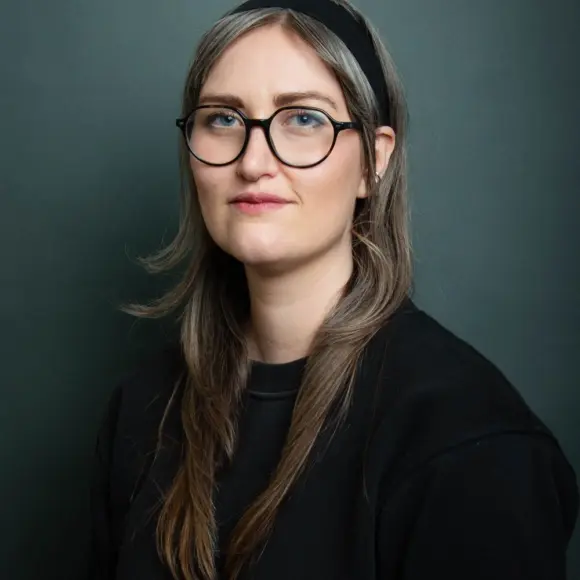
Courtney Hollis
Communications and Marketing Manager
Contact Information
3231 SE 50th Ave
Portland, OR 97206





